- Rotair Plus Olej mineralny do sprężarek śrubowych ABAC ALUP Ceccato 5 LEUR 113.16 EUR 92.00
- FluidTech Olej mineralny do sprężarek śrubowych ABAC ALUP Ceccato 5 LEUR 114.86 EUR 93.38
- Olej Atlas Copco L PISTON FLUID LE/LT/LB, 5 litrów 1630 2040 05EUR 170.61 EUR 138.71
- Olej do Sprężarek Śrubowych Atlas Copco Roto Synthetic ULTRA 5 litrówEUR 177.38 EUR 144.21
- Olej Atlas Copco do sprężarek RXD Roto Synthetic Fluid Xtend DutyEUR 212.46 EUR 172.73
- Olej Roto Foodgrade Fluid Atlas Copco 5 Litrów 1630 0833 00 do żywnościEUR 236.22 EUR 192.05
Screw Compressor Oils: Specialized Lubrication for Optimal Performance
Screw compressor oils are specialized lubricants specifically designed to meet the demanding requirements of screw compressors in industrial environments. These oils play a crucial role in maintaining operational efficiency, longevity, and reliable performance of compressed air systems based on rotary screw technology.
Unlike conventional lubricants, oils formulated for screw compressors are developed to withstand high compression temperatures, resist accelerated oxidation, and prevent the formation of carbon deposits that could compromise system operation. Their specialized composition ensures optimal lubrication of the helical rotors that form the heart of these machines.
Essential Characteristics of Screw Compressor Oils
High-quality oils for screw compressors feature specific properties that set them apart:
- Oxidation resistance: Formulated to resist thermal degradation under high temperature and pressure conditions.
- Low foam formation: Prevents inadequate lubrication issues and cavitation in the system.
- Excellent water separation: Facilitates efficient condensate removal, protecting the compressor against corrosion.
- Anti-wear properties: Reduces friction between moving components, extending equipment service life.
- Compatibility with seals and gaskets: Formulated to avoid deterioration of system sealing materials.
Types of Screw Compressor Oils
The market offers different categories of specialized oils for these machines:
Mineral Oils
Mineral oils represent the most economical option and are suitable for standard applications. They provide good lubrication under normal operating conditions, although they generally require more frequent changes than their synthetic counterparts. They are ideal for compressors operating in environments with moderate temperatures and less demanding duty cycles.
Synthetic Oils
Synthetic oils, such as PAOs (polyalphaolefins) or esters, offer superior performance in extreme conditions. They present greater oxidation resistance, better thermal stability, and significantly longer change intervals. Although their initial cost is higher, they often prove more economical in the long run due to their greater durability and better equipment protection.
Synthetic compressor oils are especially recommended for equipment that operates continuously, in environments with extreme temperatures, or in applications where compressed air quality is critical.
Semi-Synthetic Oils
These hybrid lubricants combine mineral bases with synthetic additives to offer a balance between performance and cost. They provide better protection than pure mineral oils, with a more moderate investment than fully synthetic ones.
Key Takeaways: Types of Compressor Oils
- Mineral oils are economical for standard operations but require frequent changes.
- Synthetic oils offer maximum protection and durability for demanding applications.
- Semi-synthetic oils provide a cost-performance balance for many industrial applications.
Selection Criteria for the Right Oil
Choosing the optimal oil for your screw compressor should consider various factors:
- Manufacturer specifications: Always consult the manufacturer's recommendations regarding viscosity and oil type.
- Operating conditions: Evaluate ambient temperature, duty cycles, and typical compressor loads.
- Required air quality: For sensitive applications such as food or pharmaceutical industries, consider food-grade oils or those with less tendency to form residues.
- Desired maintenance interval: Synthetic oils allow longer intervals between changes, reducing downtime.
- Compatibility with other components: Verify compatibility with filters, separators, and system sealing materials.
Benefits of Using the Correct Oil
Investing in an appropriate quality oil for your screw compressor provides numerous advantages:
- Significant reduction in wear of critical components such as bearings and rotors.
- Improved energy efficiency of the compressor, with consequent savings in operating costs.
- Extended equipment service life and reduction of unscheduled downtime.
- Less formation of carbon residues that could clog separators and filters.
- Higher quality of generated compressed air, crucial for sensitive applications.
In the United States, industrial suppliers offer a wide range of screw compressor oils from leading industry brands, including mineral, synthetic, and specific options for special applications. Technical teams can advise you on selecting the optimal lubricant for your specific needs, ensuring maximum performance and durability of your compressed air system.

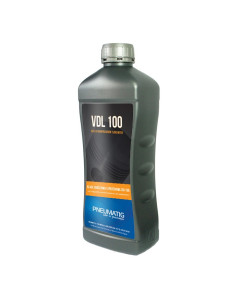
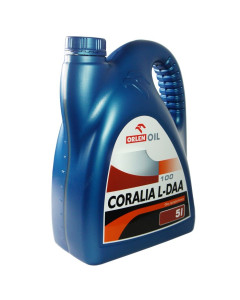
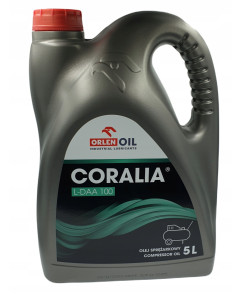
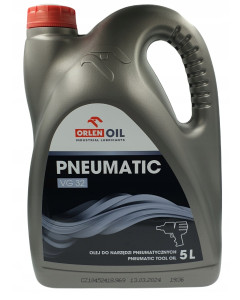
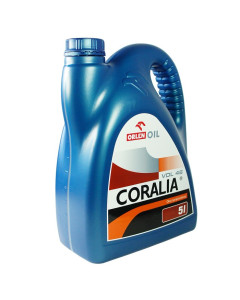
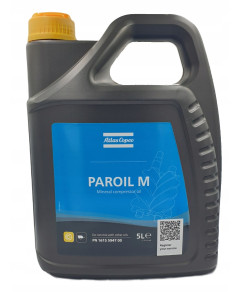
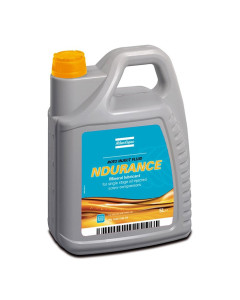

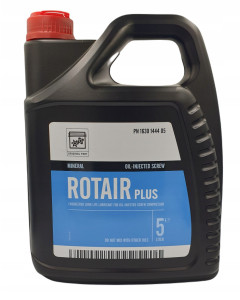
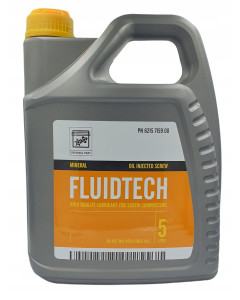
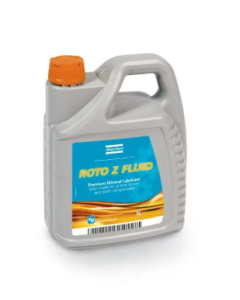
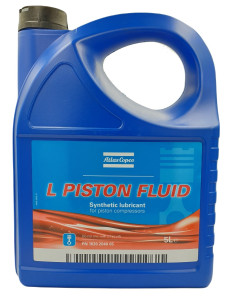
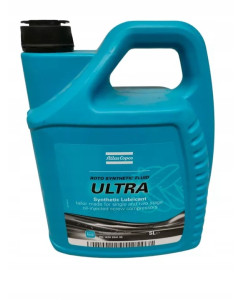
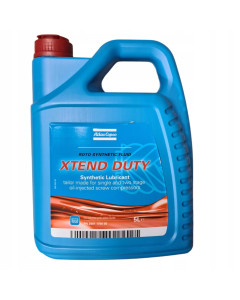
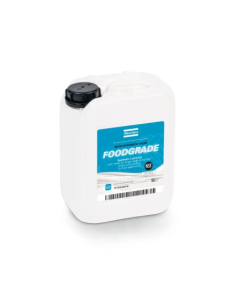
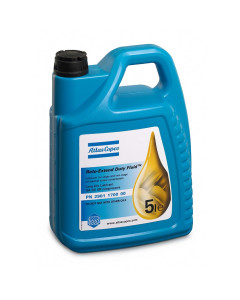

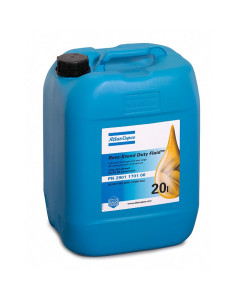
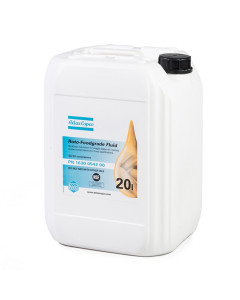
Login and Registration Form